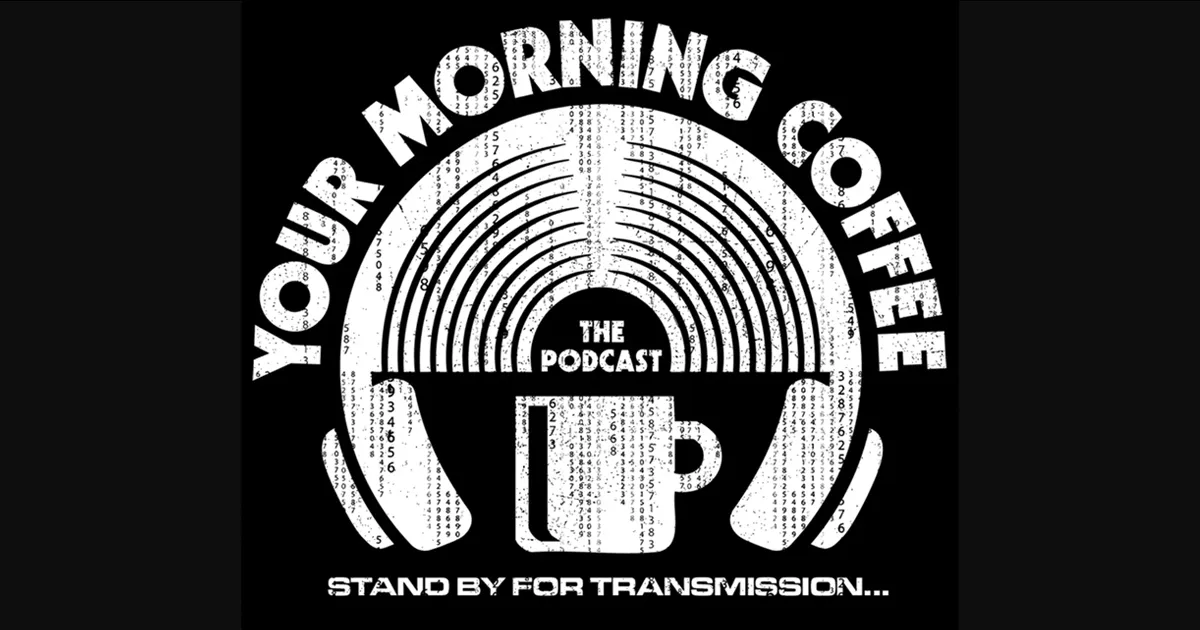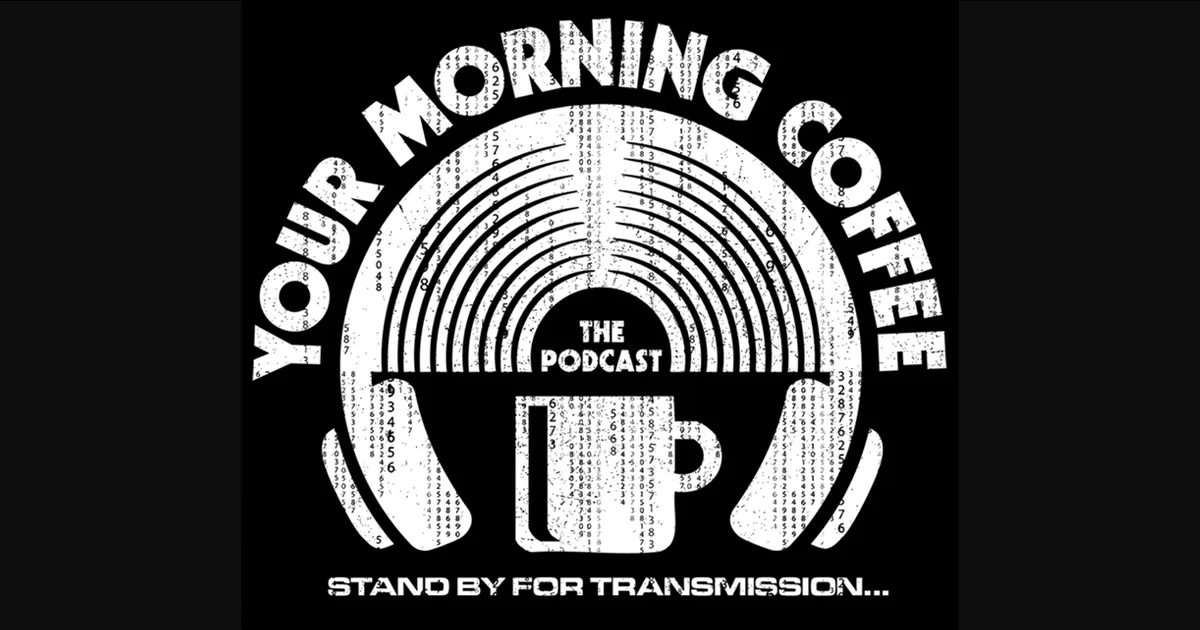Guest post by George Howard.
I’m not sure what your stereotypical view of what a venture capitalist is, but it’s likely not someone who who quotes from Grant Hart and Ken Kesey on his blog pieces that have titles like, “No-Stack Startups” or “ The Chaos Theory of Startups.”
I don’t recall exactly how Andy Weissman – who is a Partner at Union Square Ventures – and I first got to know each other, but likely we bonded over music and books, and…maybe…we talked about entrepreneurship/VC too.
I always know I’m on to something when I post an article and Andy chimes in on Twitter, as he did regarding my recent interview withZoe Keating about her take on the Blockchain Summit and her thoughts generally on crypto as it relates to artists.
I’m enjoying my journey down the rabbit hole of Crypto, and am happy that I’m finding a lot of fellow travellers – like Imogen Heap,who presents a fascinating vision for her usage of the Blockchain to create a whole new system for music, which she calls Mycelia– who are raising the level of discourse on this confusing topic.
I took Mr. Weissman’s tweet as an invitation to follow up with him in order to get his thoughts on the Blockchain.
I’m glad I did. In the interview below, Mr. Weissman concisely lays out a framework for what he calls the “Nirvana State” for how we might apply the Blockchain to the music business.
Below is a transcript of my email interview with Mr. Weissman. It has been lightly edited for clarity and grammar. (Bonus points to anyone who – without googling it – can identify the band Mr. Weissman quotes at the end of the interview.)
George Howard: After your tweet, I reached out, and asked you to elaborate on your 140 characters. You quickly responded with one of the more succinct – as you call it – “Nirvana States” for the applicability of the Blockchain. I’m going to excerpt it here:
1. Assume no change in copyright laws in the US.
2. To afford yourself of those protections, you must “register” your copy on the Blockchain. In that way, the “rights” will be publicly listed. As those rights may be transferred, the chain of ownership will as well.
3. One benefit here could be that one could also stamp your own rules on that copy. Programmatically, we would see what you desire as to that piece of media and how it may be used. These of course could change over time, as you desire.
4. This would then be a decentralized registry, but even more as the rules would be machine-readable. This could enable apps and services to be built on top of them.
5. This could achieve the end state of being the nirvana music api.
So, I think I get it you up through about halfway in point four. You’re saying, I believe, that artists (or any holder of a copyright) would register that work on the Blockchain, and add in limitations (“rules”) around how others may or may not interact (create derivatives, reproduce, etc.) with the work.
But, from there, it gets hazy. Can you clarify the idea of building apps and services on top of them, and explain how this results in the “nirvana music api?”
Andy Weissman: Once the rights are publicly listed in this way – on the Blockchain – anyone would be able to see them. More so, they would be able to be read by a machine. And, a person – or a machine – could see the rules the artist expresses for that piece of media. Ian Rogers expressed it this way over 3 years ago – pre-Blockchain consciousness:
"You, the content owner, could set the rules and the prices. Which tracks are available for free download? Available for streaming? How long a streaming sample allowed? High definition? At what price points? The market could decide if the price you’re asking is fair: “My service only supports downloads with a wholesale price of $0.70.” “My service is only interested in free downloads.” “My service is only interested in content which is available for subscription streaming.”So, the idea could be that a machine could read those rules – and then build a music service on top of that. No more interminable contract negotiations over these.
GH: As a venture capitalist part of your job is to look outward to a more ideal future, and to time your investments at or just before the intersection of market demand and technological development. Let me play devil’s advocate here for a second. What if the market does not demand what Crypto offers in any meaningful way, and the technology – be it the registry you reference, etc. – does not become a reality? I hope I’m wrong, and that you’ll disabuse me of these fears.
AW: Maybe you are wrong, maybe you are right. We have the advantage of a business model that provides us the opportunity to invest in companies that are trying to create a world we would like to exist.
Sometimes we are right about that, sometimes not.
But, an analogy: mobile apps didn’t exist before 2007 or 2008. Look how much has changed in just those few short years.
“Once in a while you get shown the light in the strangest of places if you look at it right.”MUST READ:
Part 1: The Bitcoin Blockchain Might Save The Music Industry…If Only We Could Understand It
Part 2: Bitcoin Can't Save The Music Industry If The Music Industry Continues To Resist Transparency
Part 3: Bitcoin And Music: An Interview With Artist And Composer Zoe Keatingart
Part 4: Imogen Heap's Mycelia: Creating A Fair Trade Music Business, Inspired By Blockchain
Related articles





